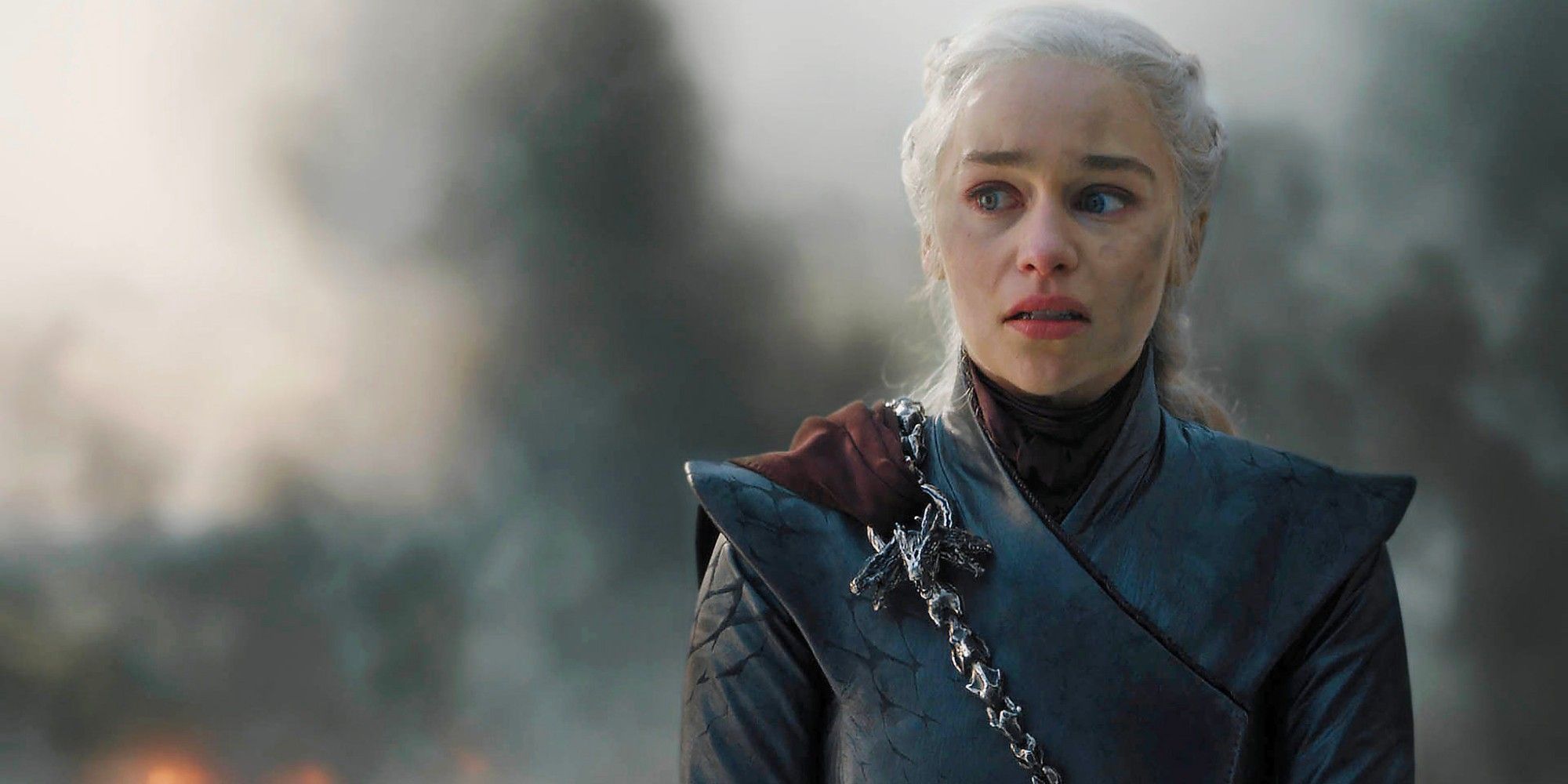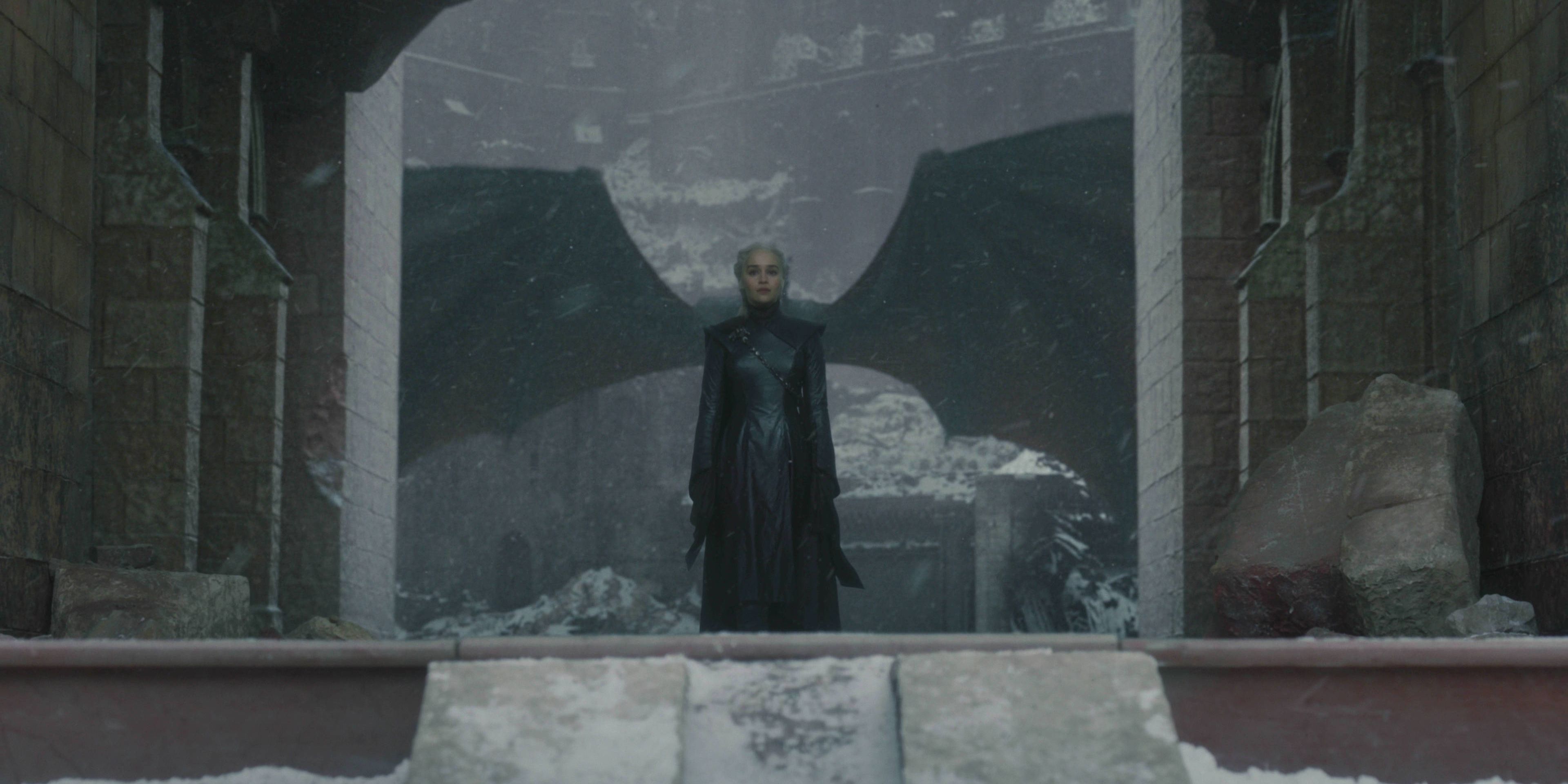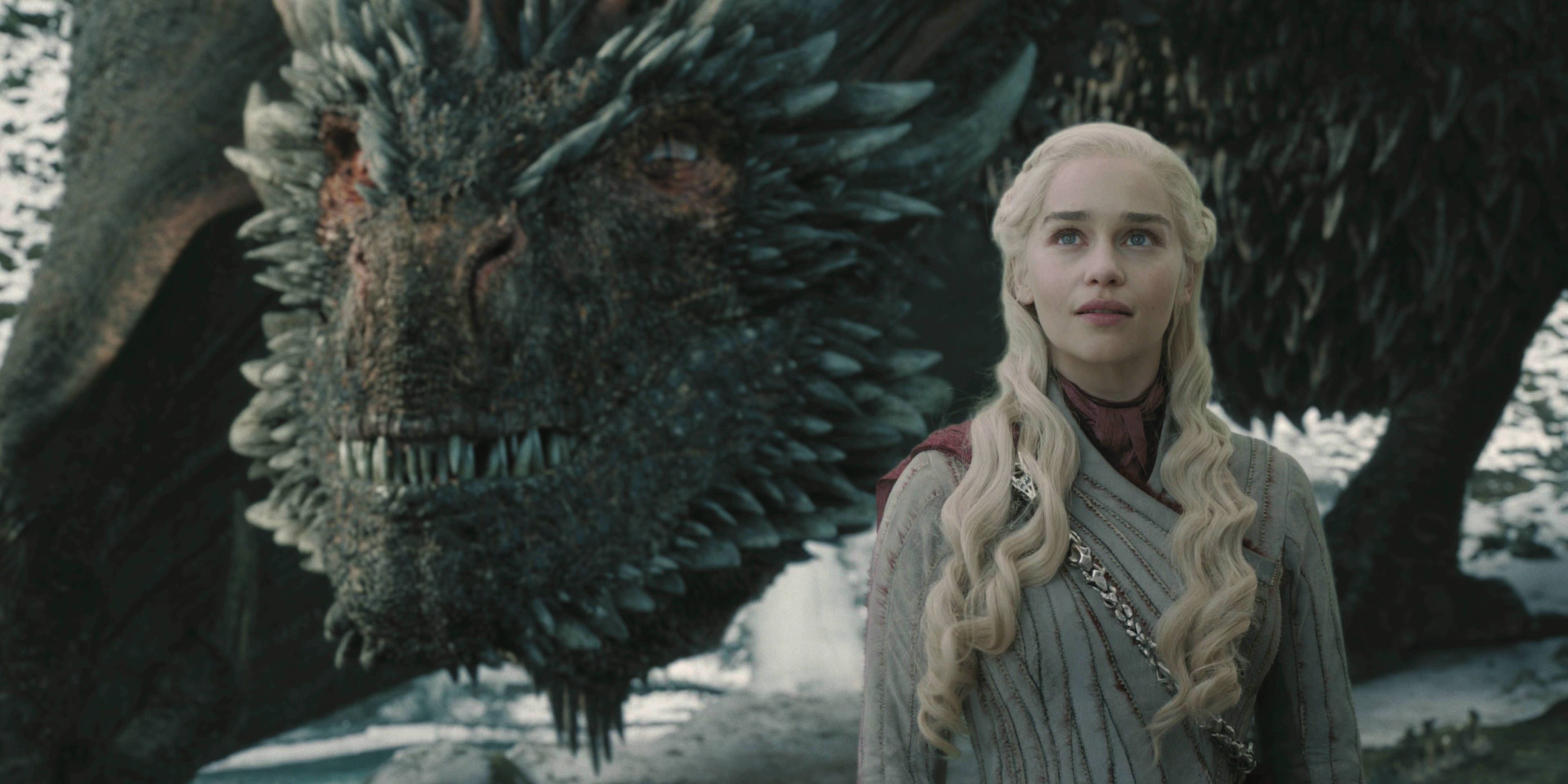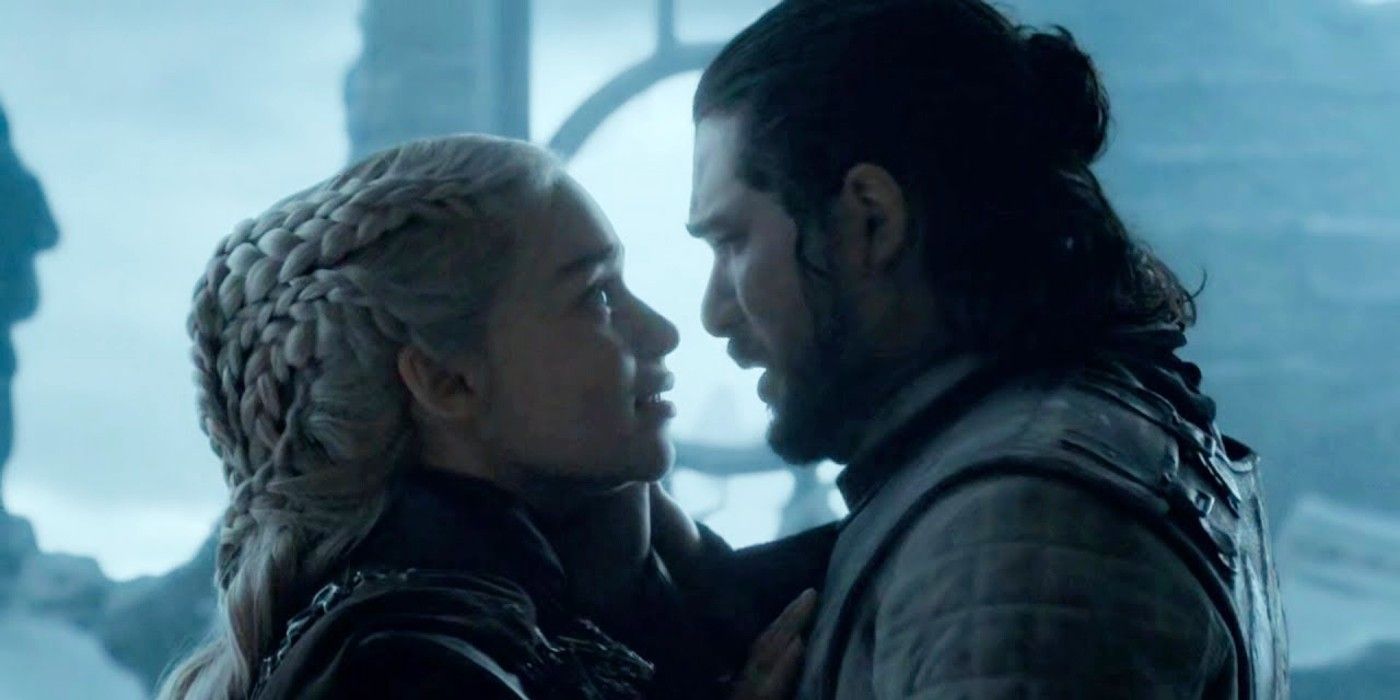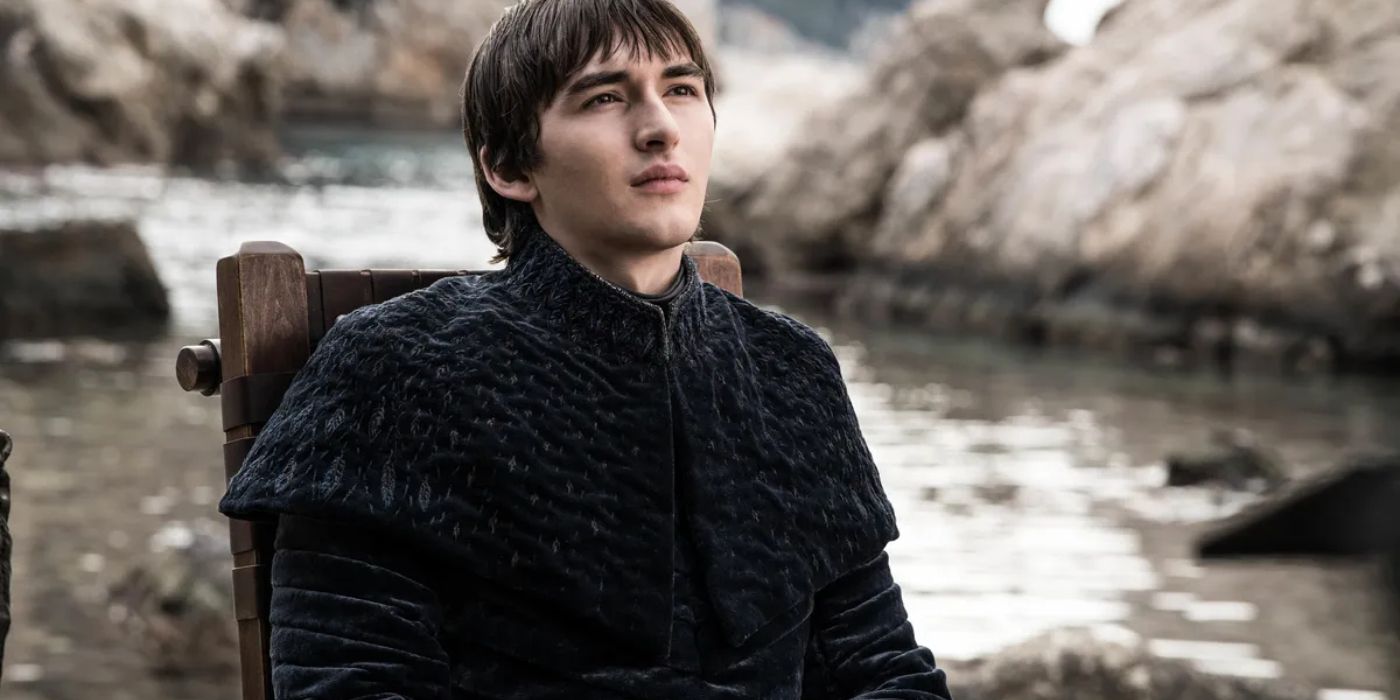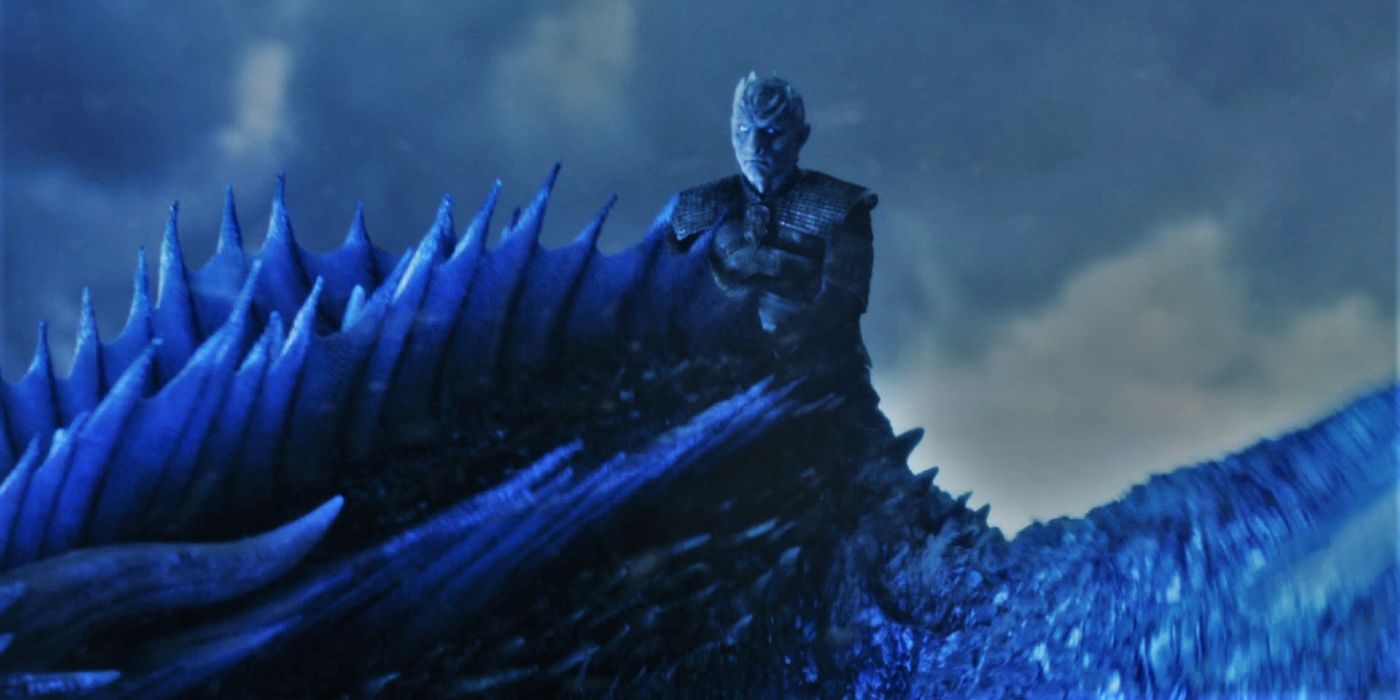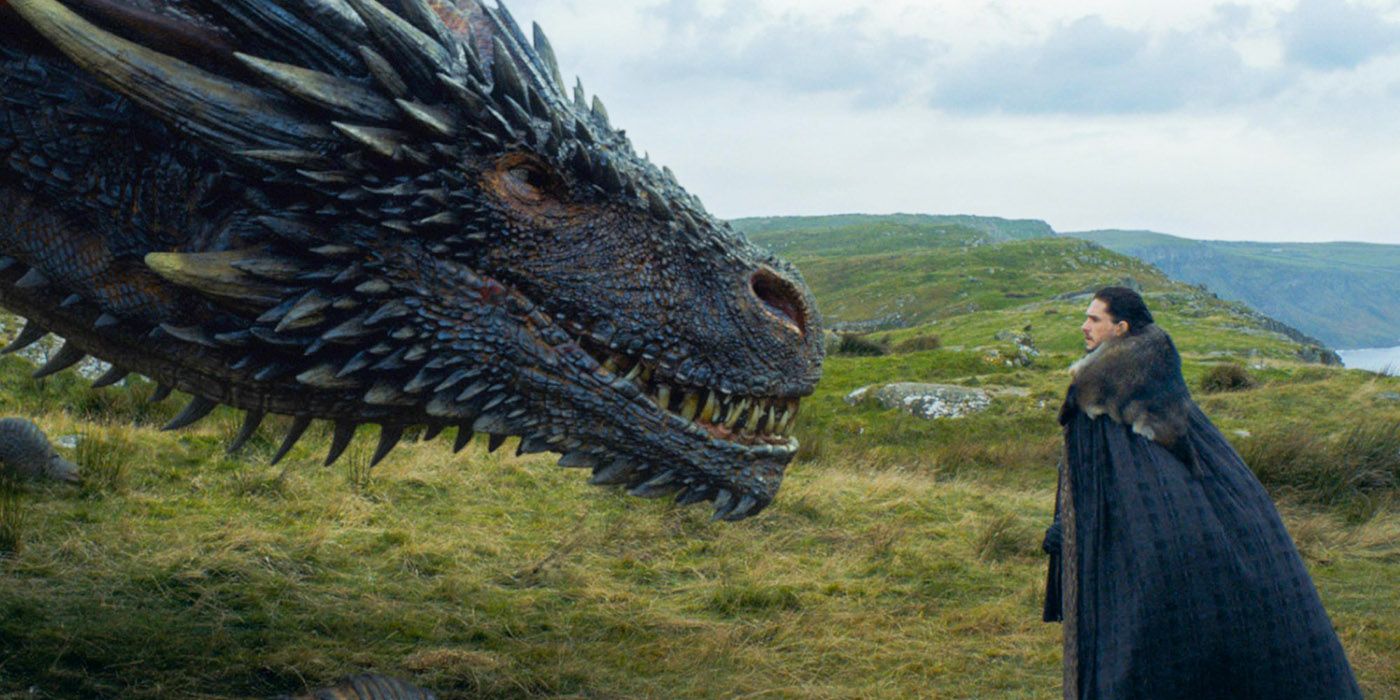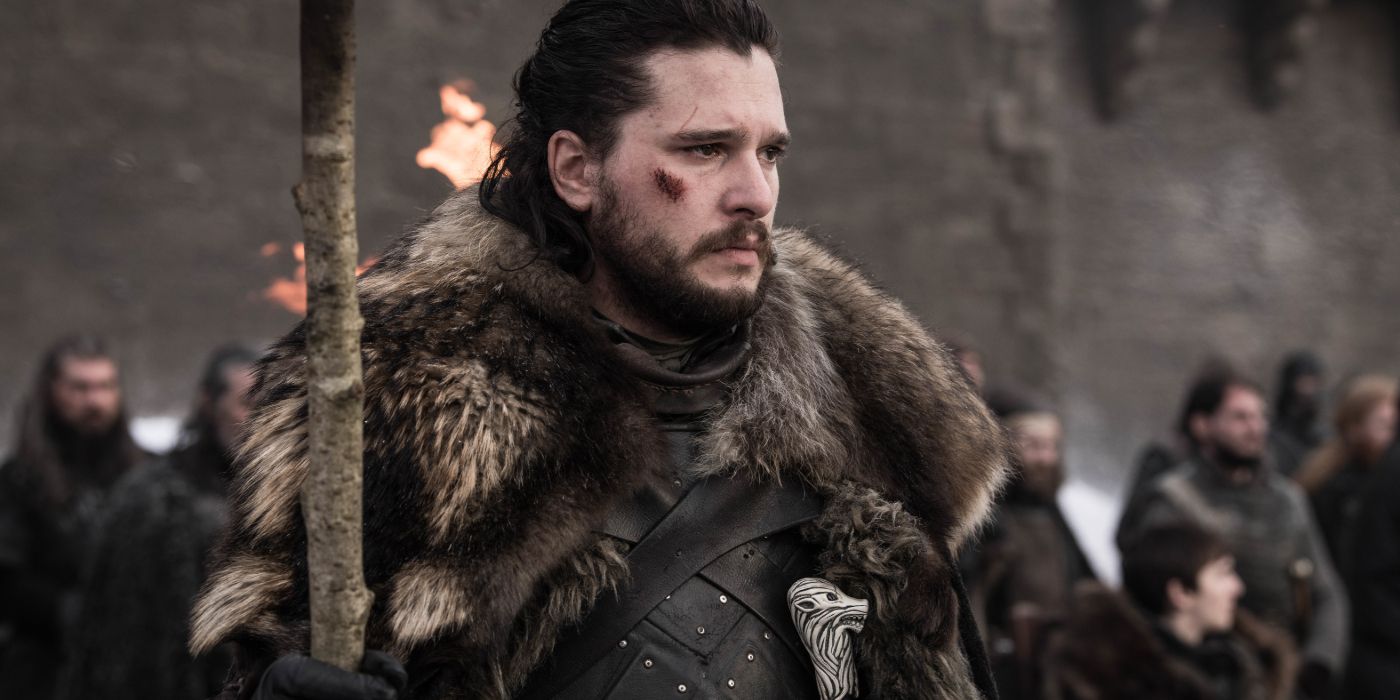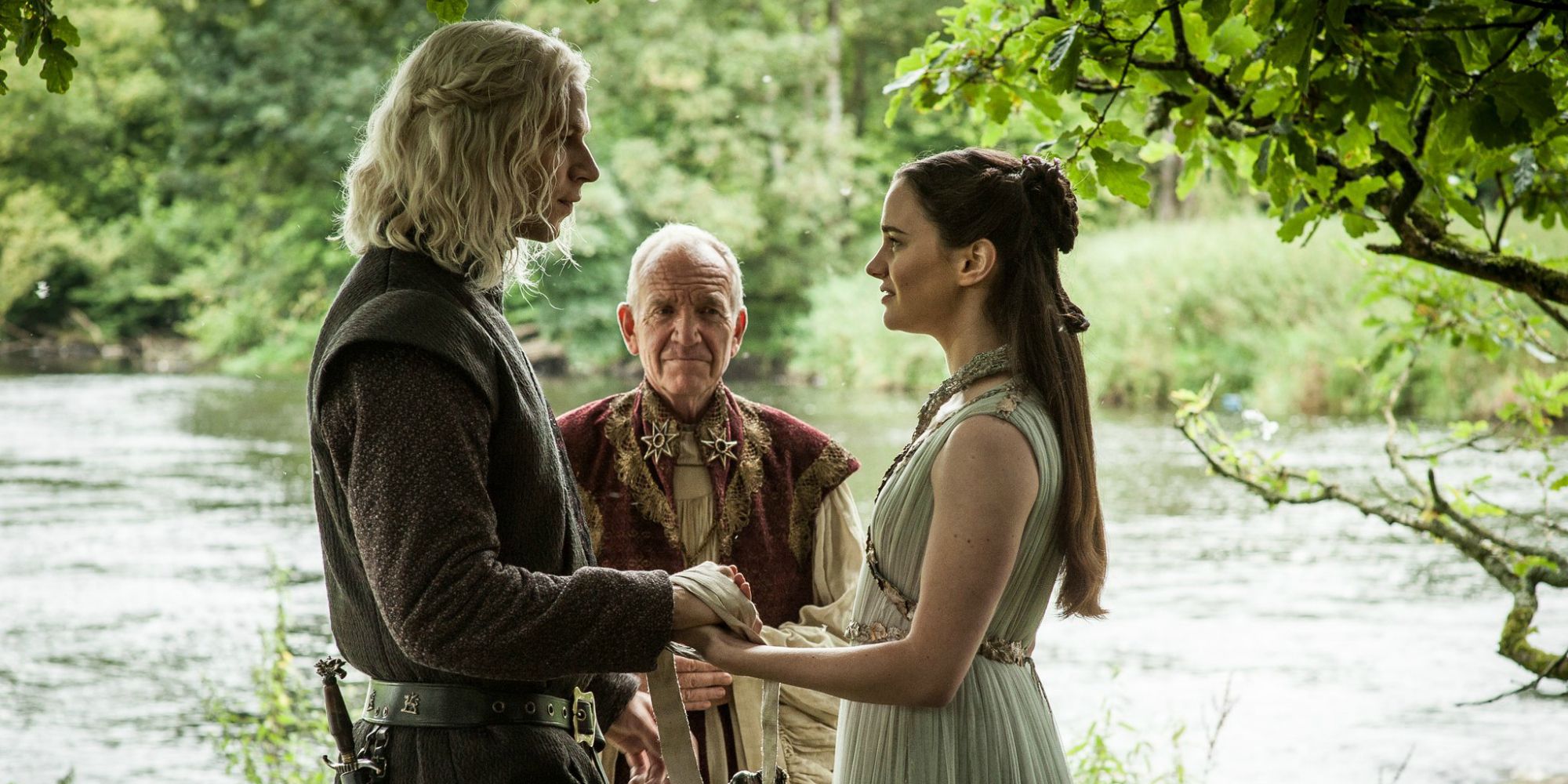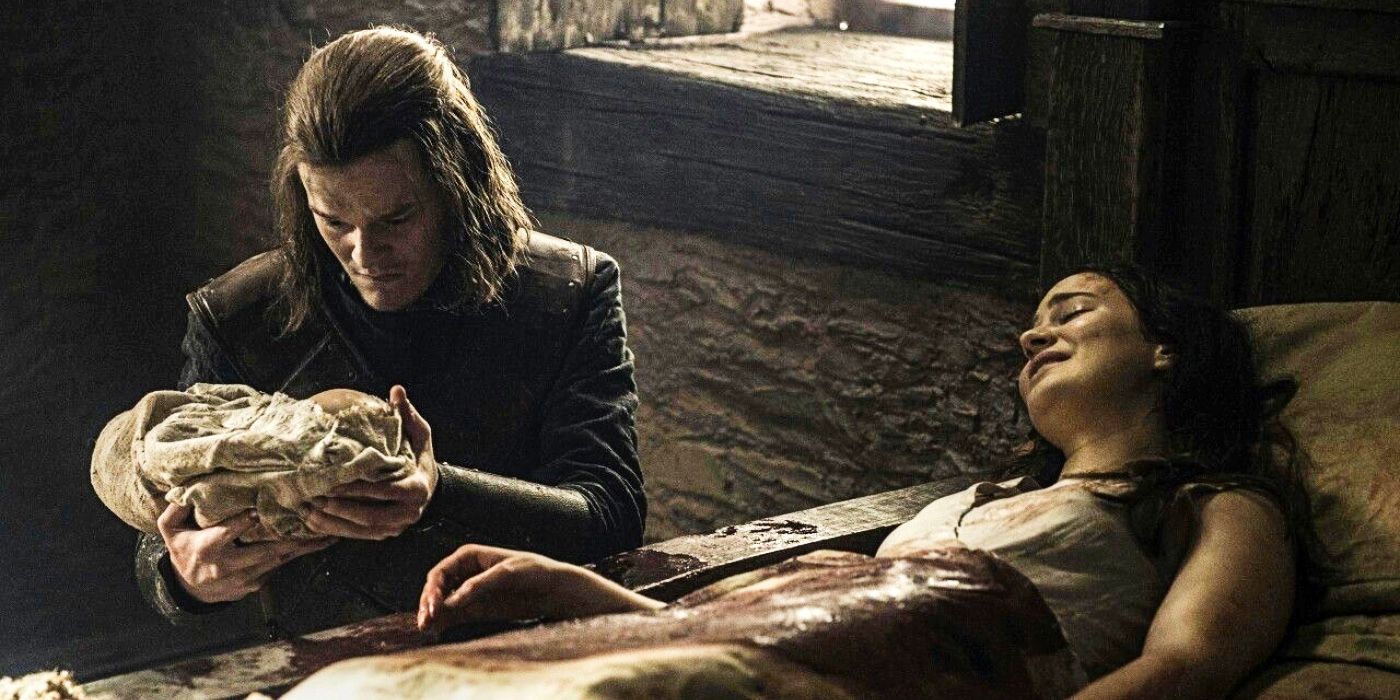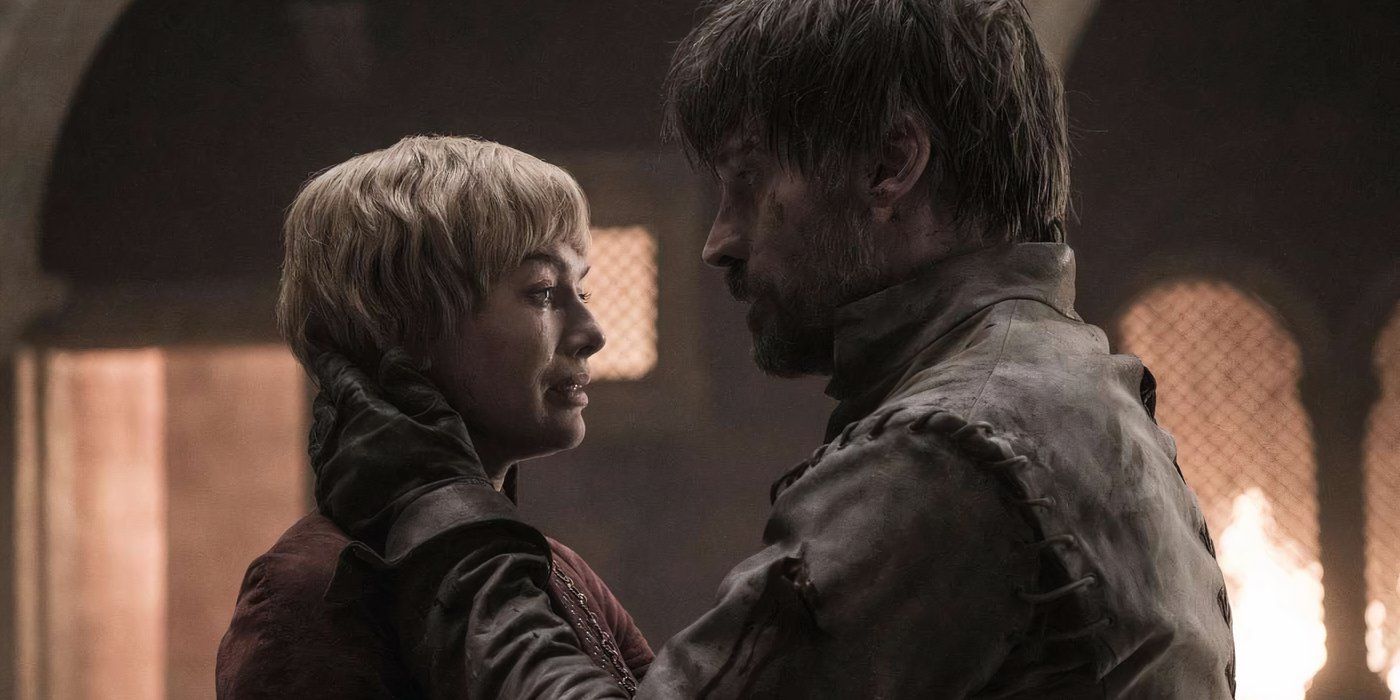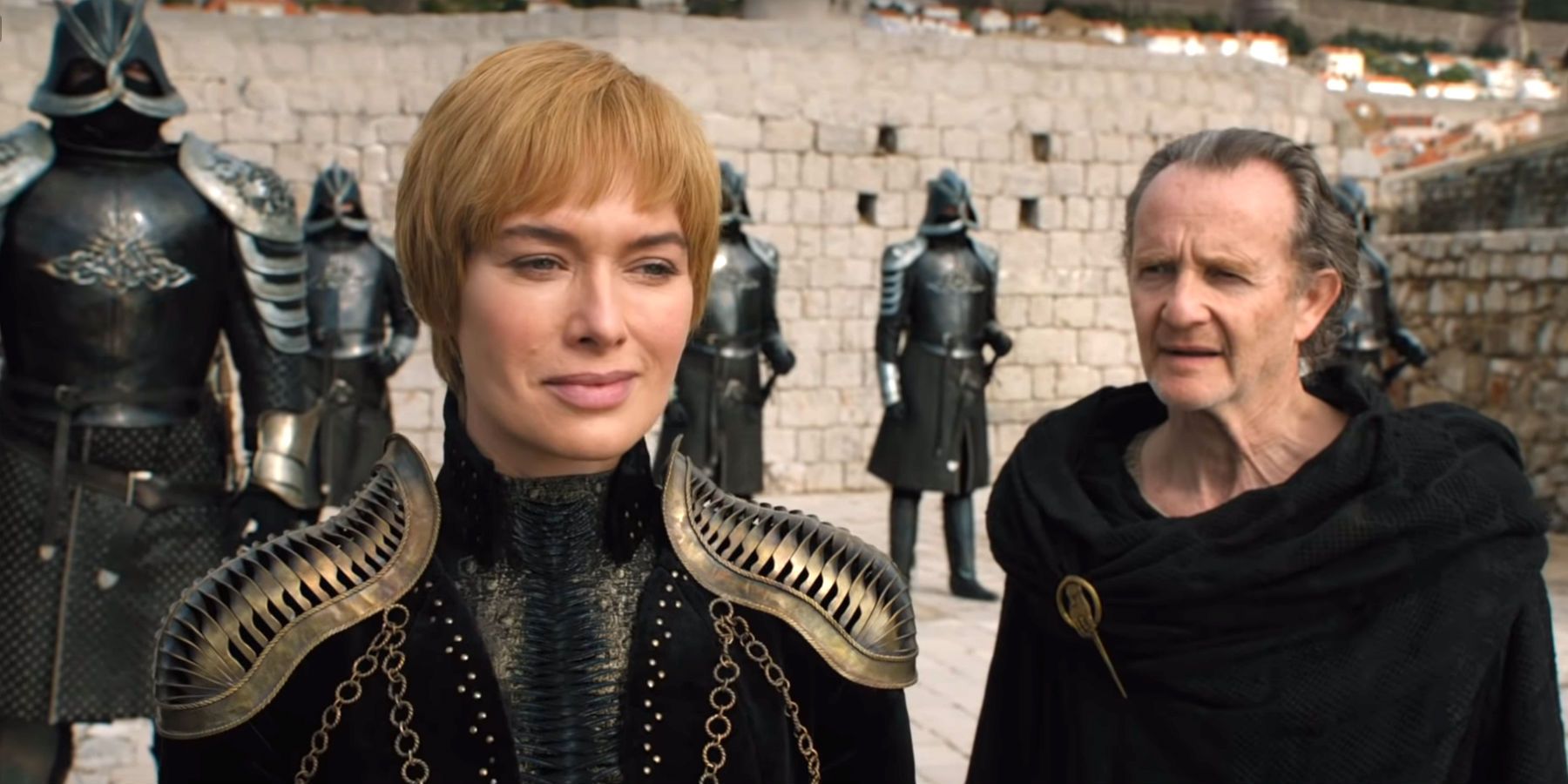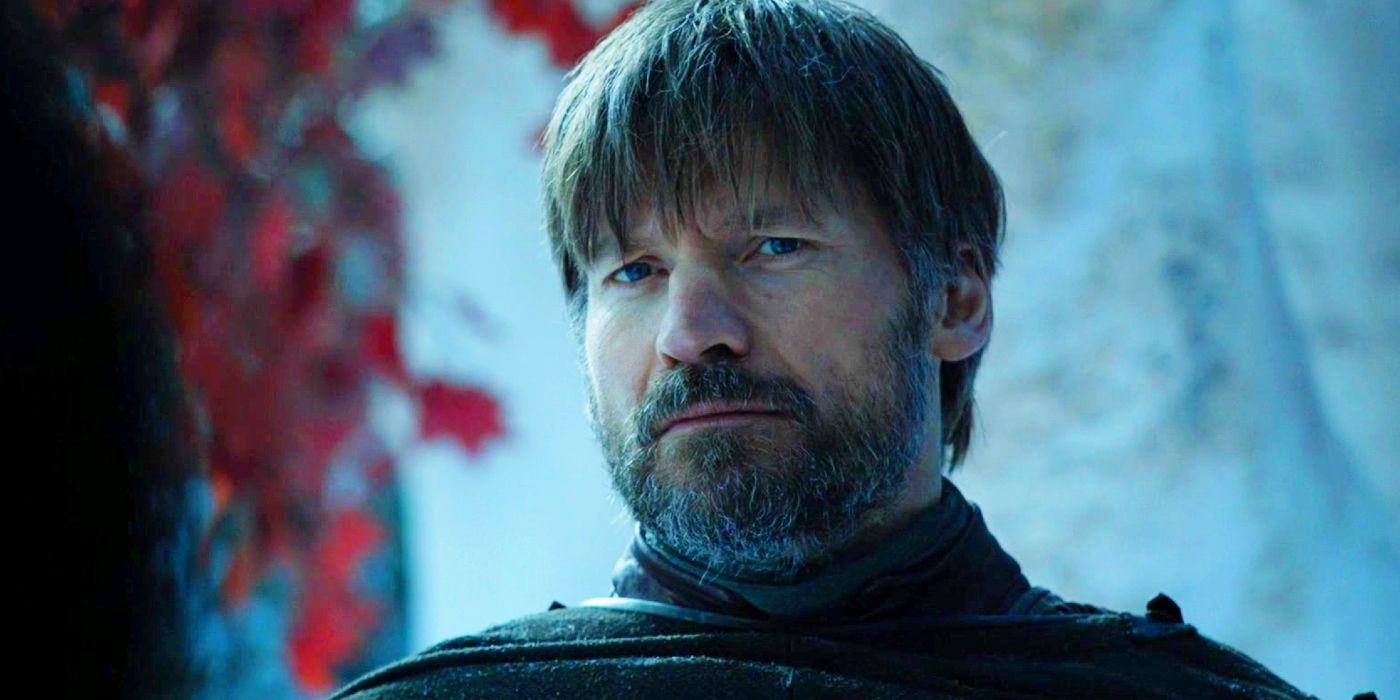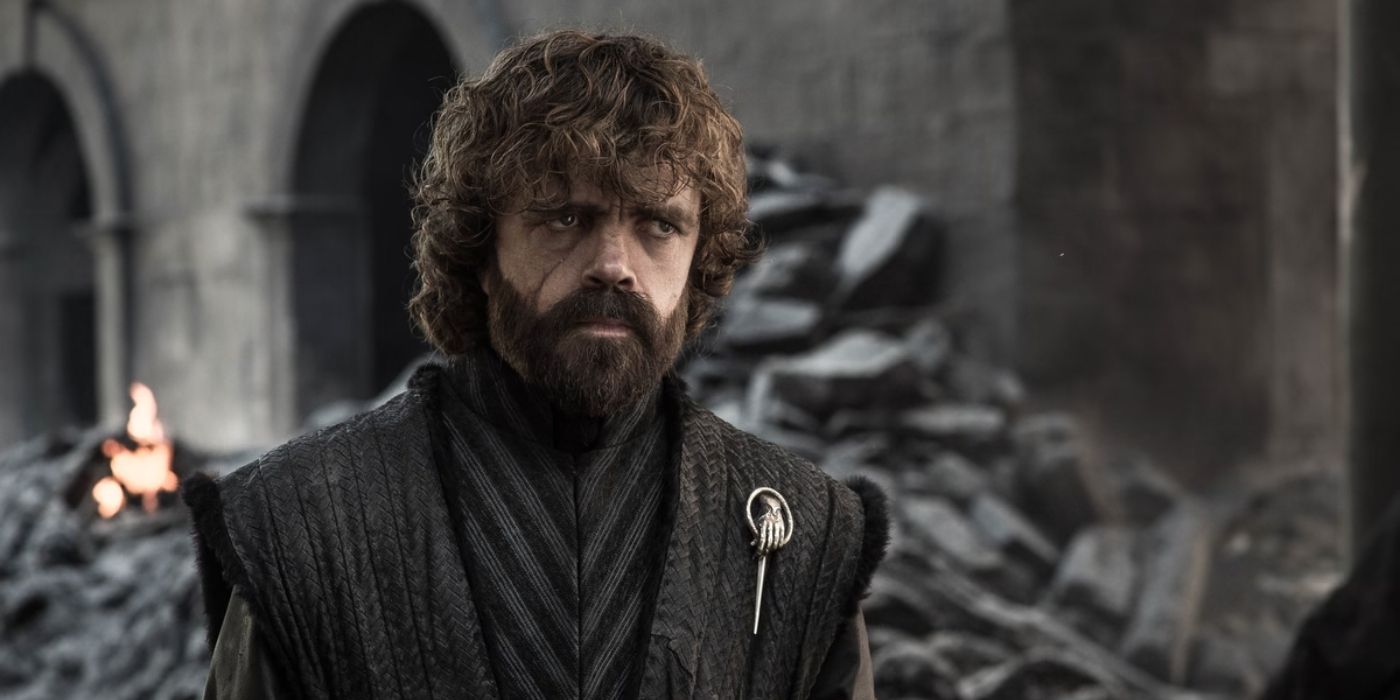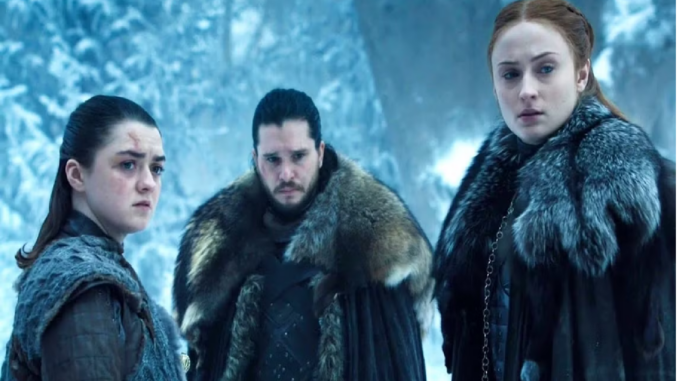
Unfortunately, Game of Thrones ended earlier than many people wanted, as showrunners David Benioff and D.B. Weiss decided to wrap things up with season 8. With Game of Thrones’ final season being so controversial, there have been plenty of conversations about the possibility of season 9. Season 9 would do little to fix the flaws of the eighth outing now, but extra seasons would have made a huge difference when the show was on. There was a lot that could have happened in Game of Thrones seasons 9 and 10, and all of it would have contributed to a better ending.
Daenerys Targaryen’s Mad Queen Twist Needed Better Setup In Seasons 9 & 10
The Mother Of Dragon’s Villain Turn Felt Rushed In Season 8
Perhaps this turn of events would have worked out better with Game of Thrones seasons 9 and 10 to depict Daenerys’ descent into madness.
Game of Thrones Could Have Explored Bran’s Purpose With 2 More Seasons
The Three-Eyed Raven Story Was Glossed Over Too Quickly & Felt Ridiculous
Bran becoming king probably rivaled Daenerys’ Mad Queen turn for the most unpopular development of Game of Thrones season 8, and this was also the product of rushed storytelling. After spending several seasons on Bran’s Three-Eyed Raven narrative, Game of Thrones never properly explained the purpose of this figure — or why Bran was destined to become him. Evidently, it was all leading up to Bran becoming the leader of the Seven Kingdoms, a decision all the Great Houses of Westeros conveniently agreed on after Tyrion gave an inspirational speech.
Although the sentiment that the person who wants power the least should have it rang true, Game of Thrones’ ending for Bran felt like a bit of a cop out. Like Daenerys’ villain twist, it could have been properly built towards, assuming Game of Thrones seasons 9 and 10 had the chance to explore the lore behind the Three-Eyed Raven in more depth. It would also have helped to know why the Night King was so bent on killing him. Unfortunately, there was no time to address many of these questions, which made the conclusion to Bran’s arc feel totally out of nowhere.
The Night King & White Walkers Could Have Been Bigger Threats With Seasons 9 & 10
This Game Of Thrones Storyline Left A Lot On The Table
Speaking of the Night King, the villain’s ending in Game of Thrones season 8 was a bit underwhelming — and not because Arya Stark was the one who killed him. In general, the White Walker threat wasn’t what viewers had been led to believe. It was supposed to be a bigger deal than the fight for the Iron Throne, yet Game of Thrones concluded this conflict in just a single episode. That episode didn’t properly explain the Night King’s origins or motives, nor did it see him having a long-awaited showdown with Jon Snow.
All of this could have been covered if Game of Thrones had a couple more seasons; in fact, one of them could have been dedicated to the White Walkers entirely.
Game Of Thrones Could Have Given Jon Snow’s Parentage Twist A Greater Meaning
Jon’s Targaryen Heritage Needed To Have A Bigger Impact
Additional seasons of Game of Thrones could have taken Jon’s threat to Daenerys further, and they could have seen the Great Houses of Westeros rallying behind him over the queen. This would have made for a more interesting dynamic, and it still could have ended with Jon’s exile. After all, Game of Thrones wouldn’t be the show we all know and love without subverting expectations. But it needed to do more with Jon’s Targaryen heritage before it flipped the script on us.
The Lannisters Could Have Gotten The Endings They Deserved
Cersei, Jaime, & Tyrion All Needed Better Conclusions
The Lannisters were major players throughout Game of Thrones, and all of them had frustrating runs in season 8. Jaime’s ending got the most flak, as the show undid seasons of growth in its final episodes, destroying a near-perfect redemption arc. Jaime fighting against the White Walkers against Cersei’s wishes and admitting his feelings for Brienne felt like the perfect culmination of his journey. But then Game of Thrones season 8 saw him returning to Cersei on a whim. This could have worked, but it needed more seasons to make sense of his regression.
Perhaps a couple more outings would have allowed the time to reunite Cersei with key characters and give her the brutal ending she deserved.
